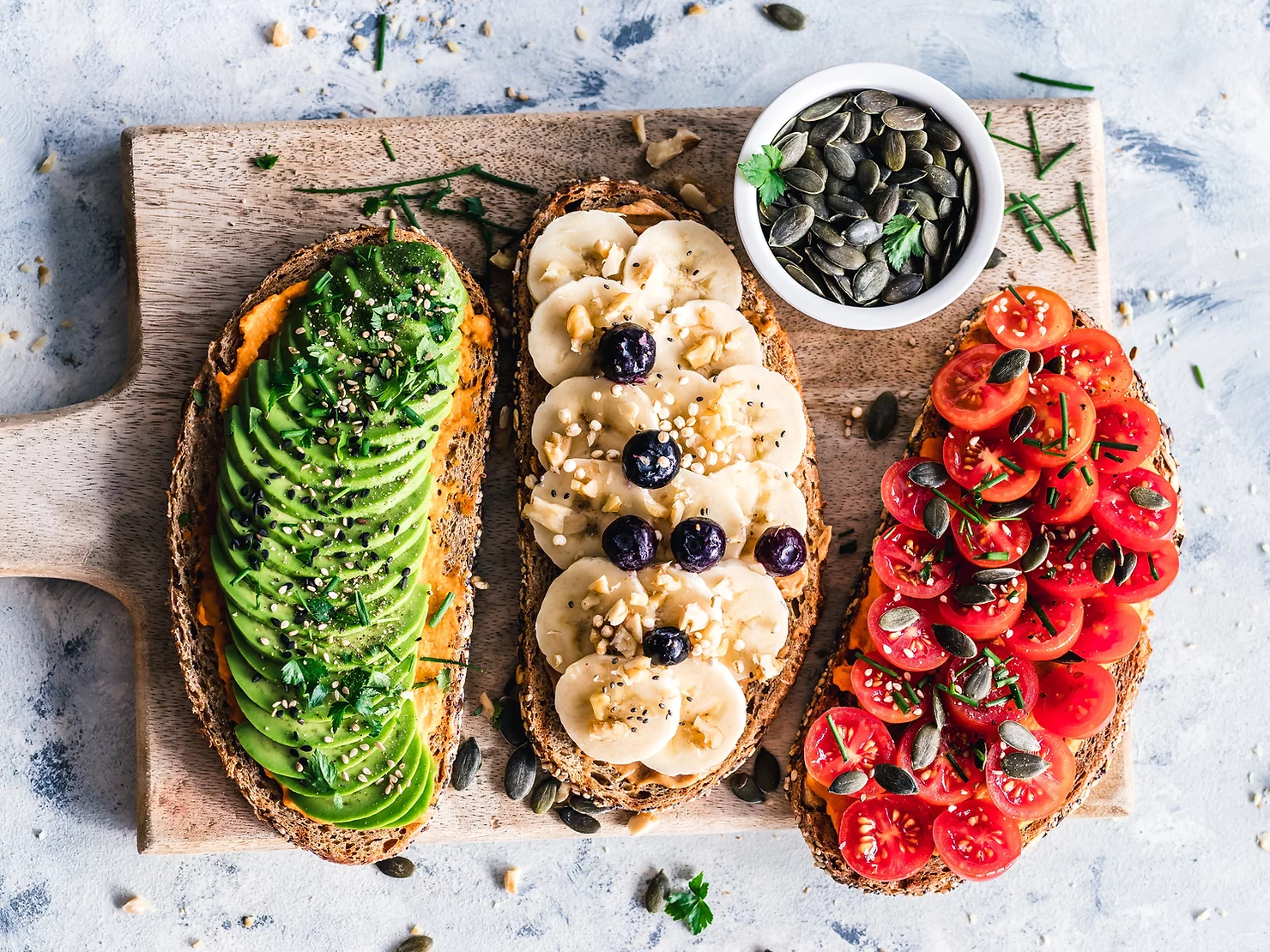Disclaimer: Opinion pieces are representative of the opinion of the individual.

My mother is vegan. Or so she likes to say—Mainland China is not the best place to be a vegan. But she tries her best, tirelessly connecting with suppliers of vegan foodstuffs, searching far and wide for recipes, and rendering said recipes for experimentation. For a picky eater such as myself, it was admittedly a difficult period to bear before I discovered the wonders of eating out.
She cites the documentary Earthlings (2005) as her segway into veganism. Seeing the way animals are cruelly treated for human consumption, she wished to seek an alternative lifestyle. She also stated being more sustainable and environmentally friendly as reasons to continue with veganism.
It’s true: Animals are often unethically farmed—and treated—for human diets. Livestock production uses up a lot of resources: 75% of all agricultural land is used to raise animals, and livestock production is responsible for 70% of global freshwater consumption. In addition, a vegetable-based diet can reduce up to 73% of an individual’s carbon footprint from food consumption.
She has often encouraged me to adopt a similar lifestyle, to which, on her part, I have attempted to, by becoming a pollotarian (a semi-vegetarian diet that excludes red meat) for a year. It was a wonderful experience of being able to eat healthier, until I was lured back into eating pork during my first year of university in Hong Kong out of necessity, where most meals consisted of red meat. I also made the daring attempt to convert to vegetarianism. That lasted me a week, until I came to the realisation that I don’t know how to cook, I don’t have time to cook, and any vegetarian meal in a restaurant is more expensive than that with meat.
I commend my mother on her determination to veganism: the road less travelled. And yet, I’ve come to see that the reason veganism is less travelled is not due to a conscious choice, but rather the lack of said choice in the first place.
Veganism is a privilege few can access, at least here in China.
Compared to the common household food groups of meat and dairy, their alternatives are much more expensive and inaccessible, at least in mainland China. Vegan eggs are almost twice the price than that of normal eggs. Prices of vegetables are rising, not to mention the heavy import tariffs China has implemented to protect the domestic food industry, including on many beloved foreign vegan staples such as avocado. These prices are not sustainable in the long run—this lifestyle in China is only available to those who can afford it.
The food sources themselves are already out of the average consumer’s price range, not to mention the supplements those on a vegan diet often take. A meatless, dairy-less diet is not entirely sustainable for the human body. Vitamins B12, D, omega fatty acids, and iron are just some of the nutrients a vegan diet can lack. Needing to consume multiple types of vitamins and nutrients can wreak havoc on one’s wallet...take it from a university student who balks at the amount—and price—of Vitamin B12 her mother buys.
Another costly price to pay is time. More specifically, time spent engaging in culinary practices. Unless one is saving money or ungodly passionate about home cooking (or both), the average working member of society does not cook three meals a day. Factor in the lack of vegan restaurants, veganism is simply not an option here. My mother is a full-time housewife, so she manages, but this diet is simply not accessible to the average adult. Unless you have money, time, and determination in spades, one simply cannot become a vegan in China (or anywhere else outside of an exceptionally conducive environment that makes such a lifestyle accessible).
But I am not here to debate the pros and cons of veganism—I will leave that to Reddit. ‘Sides, putting our focus on the responsibility of the individual consumer shifts the attention away from our capitalist overlords, who control what the individual consumer can access, and frankly wouldn’t care more about the environment unless given a profitable incentive.
Do I like veganism? Not particularly. I’m a picky eater—I will starve if I have to cut out dairy and poultry, two of my go-to food groups. Veganism can be extreme, especially on the Internet, where we see particularly entitled vegans shame others for not being able or wanting to commit to this lifestyle.
But alt-meat is pretty good, if you see it as meat-flavoured tofu. (I still don’t understand the concept of vegan eggs, but you do you, Mum!)
But the diet is pretty healthy, if it’s encouraging you to consume a broad variety of vegetables and plants.
But the lifestyle is pretty satisfying, when you know you’re making a positive change to the planet.
Personally, I think a less extreme approach would be more plausible long-term. A well-balanced consumption of food—both vegetable and meat—can be both beneficial for the individual and for the environment, especially if ethically and sustainably-sourced foods are available in one’s vicinity.
Is a plant-based diet much more environmentally friendly than a meat diet? Definitely. There’s lots of valid reasons for going vegan: health, society, vanity—sustainability is just one of many. With that being said, I am going to stop eating meat (again)? Probably not.
I’ll stick to my food pyramid, if only for the sake of my wallet.
